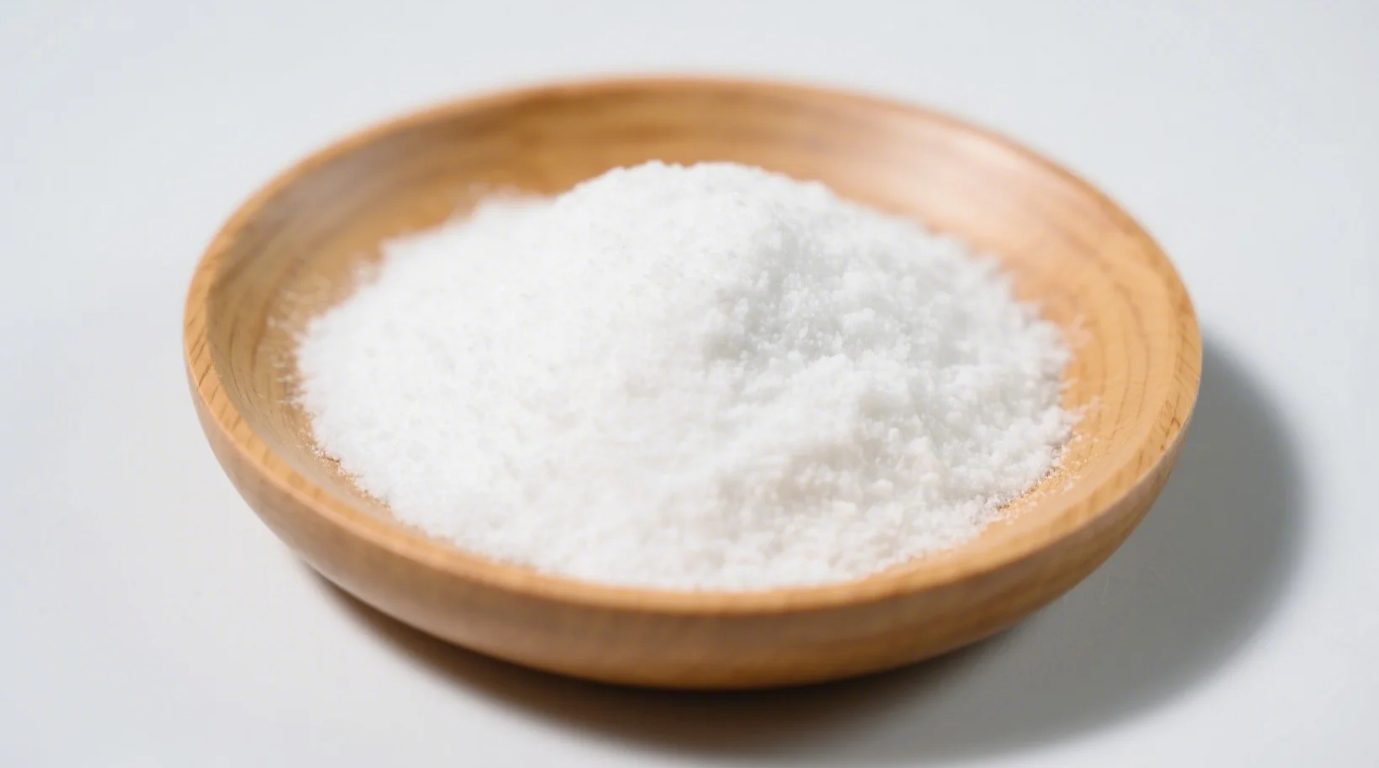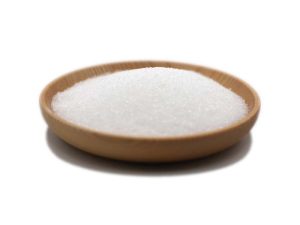Table of Contents
In today’s food industry, clean-label products have become more than just a trend—they are now a consumer expectation. Shoppers are increasingly scrutinizing ingredient lists, seeking products with natural, minimally processed ingredients, free from artificial additives or high levels of sugar. For food manufacturers, reformulating products to meet these demands while maintaining taste, texture, and shelf life can be a complex challenge. Organic allulose powder offers a scientifically backed solution, helping brands achieve clean-label sugar reduction without compromising product quality.
The Rise of Clean-Label Foods
Consumers today are more educated than ever. Labels with long lists of chemical additives or artificial sweeteners are often met with skepticism. This has led to significant growth in the clean-label and natural foods sector, where transparency, simplicity, and recognizability of ingredients drive purchase decisions. At the same time, public health campaigns and sugar taxes have increased pressure on brands to reduce sugar content in processed foods.
Organic allulose powder meets both these needs. As a naturally derived rare sugar, it provides the sweetness and functionality of sugar while supporting clean-label positioning. Unlike synthetic sweeteners, it is naturally present in fruits such as figs, jackfruit, and raisins and can be produced from organic plant-based sources, making it an ideal ingredient for brands committed to natural products.
Benefits of Organic Allulose Powder in Reformulation
- Natural Sweetness Without Calories
Organic allulose offers sugar-like sweetness with only 0.2–0.4 kcal per gram, allowing manufacturers to reduce calorie content without sacrificing taste. - Maintains Functional Properties
In baking, beverages, and confectionery, sugar is more than a sweetener—it provides bulk, texture, moisture retention, and browning. Organic allulose powder mimics these properties, enabling a smooth reformulation process. - Low Glycemic Index
Organic allulose is almost entirely absorbed without raising blood sugar levels, making it suitable for diabetic-friendly, keto, and low-glycemic products. - Compatibility with Other Ingredients
It blends well with other natural sweeteners such as stevia, monk fruit, or erythritol, allowing R&D teams to achieve the desired sweetness profile without introducing artificial additives.
Practical Applications in Clean-Label Reformulation
Organic allulose powder can be integrated into a wide variety of food categories to support sugar reduction and clean-label claims:
- Bakery Products: Cakes, muffins, cookies, and bread can retain texture, moisture, and browning while lowering sugar content.
- Confectionery and Chocolate: Hard candies, gummies, caramels, and chocolate coatings maintain authentic sweetness and texture.
- Beverages: Sugar-free or reduced-sugar juices, teas, flavored waters, and functional drinks achieve taste consistency and mouthfeel similar to sugar.
- Dairy and Plant-Based Products: Yogurts, ice creams, and milk alternatives can be reformulated without compromising flavor, creaminess, or shelf stability.
- Functional and Nutritional Foods: Protein bars, meal replacements, and low-carb snacks benefit from its low-calorie and low-glycemic properties.
By replacing sugar with organic allulose powder, brands can create products that meet modern clean-label expectations, attract health-conscious consumers, and comply with sugar reduction regulations.
Why Manufacturers Choose ORGANICWAY
At ORGANICWAY, we provide high-quality organic allulose powder with consistent particle size, solubility, and sweetness. Our product is certified organic and suitable for industrial-scale food production. By partnering with us, food manufacturers can successfully reformulate products to reduce sugar, maintain functional performance, and uphold clean-label transparency.
Conclusion
Organic allulose powder is a strategic ingredient for clean-label reformulation. Its combination of natural origin, low calorie content, functional performance, and versatility enables manufacturers to meet consumer demand for healthier, transparent products. Whether in bakery, confectionery, beverages, or functional foods, organic allulose provides the sweetness, texture, and functionality required to innovate confidently in the modern food industry. By integrating organic allulose powder, brands can deliver clean-label products that satisfy both regulatory requirements and consumer expectations, positioning themselves at the forefront of the health-driven market.
Related Products
Organic Allulose Sweetener
Source premium Organic Allulose Powder and Syrup. A clean-label, low-calorie, non-glycemic rare…
Organic Erythritol
Appearance: White Crystalline Powder Or Particles Other Name: Erythritol sweetener, Erythritol sugar,…



